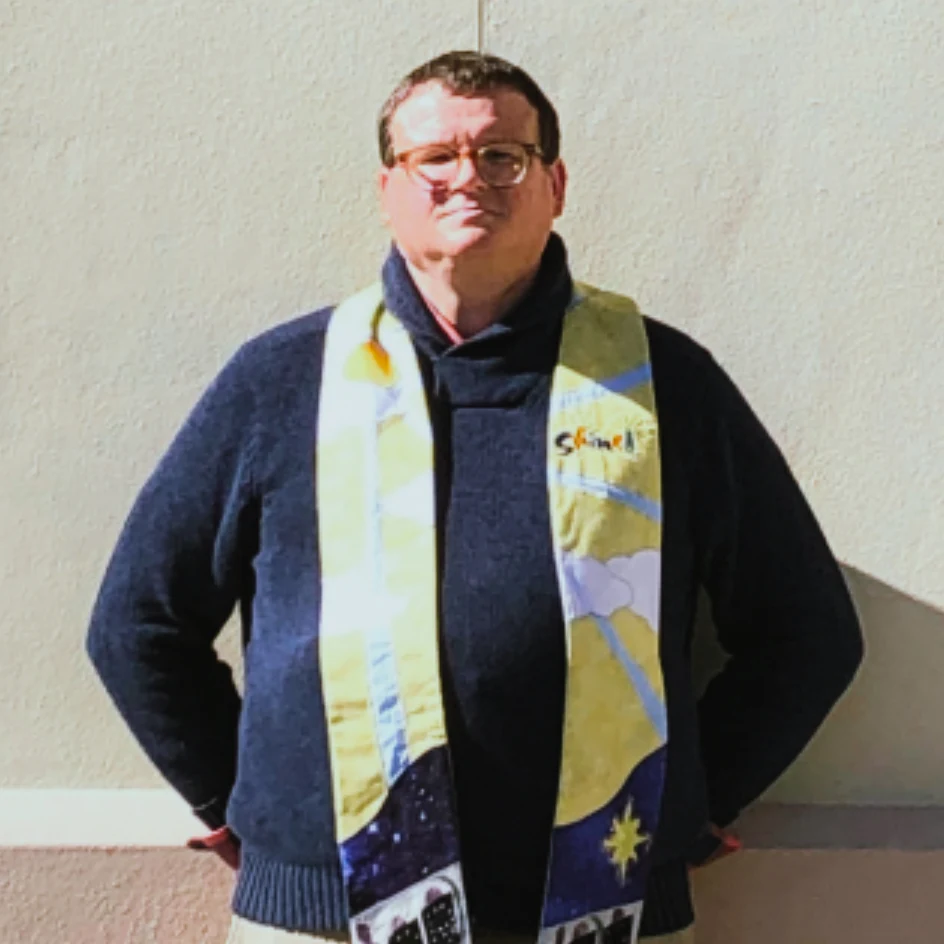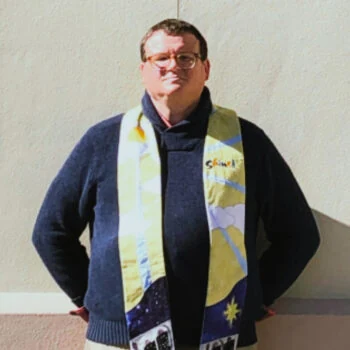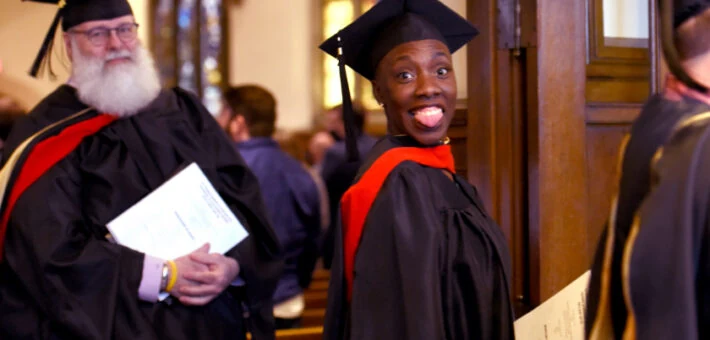
“My theological training at United is helping prepare me as a scholar and as a minister and very few seminaries actually do both! United has allowed me to grow in ways that I could have never imagined.”
Chance Martinez-Colon – MDiv, UCC Studies; DMin Student
Master of Divinity Concentrations
United’s MDiv Degree offers the following areas of concentration:
Interreligious Chaplaincy
Social Transformation
Theology and the Arts
Church Leadership
Presbyterian Studies
Lutheran Studies
UCC Studies
UU Studies
UU Studies and Social Transformation
Humanist Studies
Interreligious Chaplaincy—Islamic Focus
Spiritual Direction
Biblical Studies
Religion and Theology
General Studies
Want to Learn More?
Fill out the form below and a member of our Admissions team will be in touch soon.

